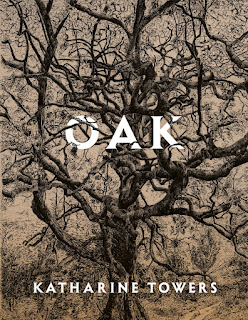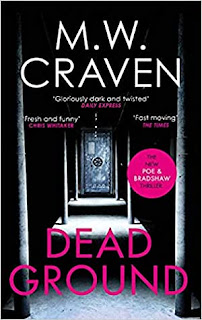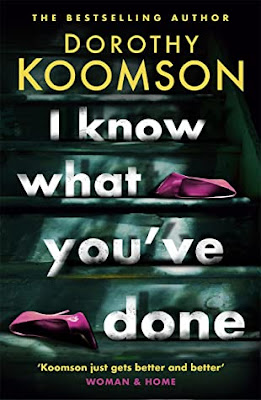 |
| Picador 25 November 2021 |
 |
| Picador 25 November 2021 |
On this quiet Sunday morning why don't you put the kettle on, make your favourite breakfast and settle down for Sunday Brunch with Jaffareadstoo
 |
| HQ 2021 |
Welcome to Feature Friday
it's a warm space to a highlight a book coming soon which is on my book radar
and one I am looking forward to reading
 |
Published on the 17th February 2022 |
 |
| Vintage Books 27 January 2022 My thanks to the publisher for my copy of this book |
 |
Delighted to host a stop on this blog tour today
 |
| Valley Press Ltd 2021 My thanks to Valley Press and Isabelle Kenyon at Kenyon Author Services for the copy of this book and the invitation to the blog tour |
 |
| Boldwood Books 19 January 2022 My thanks to the publishers for my copy of this book and to Rachel's Random Resources for the invitation to the blog tour. |
📖 My Review ...
Fran and Will were best friends as children and then, at eighteen, and just when their relationship was getting more complicated, Will moved away. Twenty-five years later a chance meeting brings Fran and Will together again but with the scars of the past still painful, Fran is reluctant to get hurt again.
Before We Grow Old is a gentle story about love and loss with two main characters who seem to have had their share of personal heartache. Moving forward, and backwards, in time we get to know more about Fran and Will, the reasons for their separation and the sense of excitement when they meet again. However, whilst finding each other again is wonderful, they are both very different people than they were as teenagers but with gentle consideration they agree to rekindle their relationship and go forward together again.
Nicely written with a strong sense of emotional connection Before We Grow Old is a poignant and bittersweet story about taking a second chance on love, about finding a soul mate when you thought they were lost forever, and about coping, as best you can, with everything that life throws at you.
Best Read with...a creamy latte and box of tissues.
About the Author
 |
| Constable 2021 |
Welcome to Feature Friday
it's a warm space to a highlight a book coming soon which is on my book radar
and one I am looking forward to reading
Published on the 3rd February
On Publication Day of The Fairy Tellers I am delighted to welcome its author
Nicholas Jubber
to tell us more about his book
 |
| John Murray Press 20 January 2022 My thanks to the publishers and Emma at the Book Publicist for my copy of this book |
 |
| Headline December 2021 My thanks to the publisher and ed pr for my copy of this book |
📖 My Review...
Oh, what a tangled web we weave springs to mind about the people who call Acacia Villas in Brighton their home and with this talented author in charge of the comings and goings of their lives, well nothing is ever going to be as it seems. What we have in I Know What You've Done is an intricately woven piece of literary tapestry in which all the residents of Acacia Villas have a role to play and no stone is left unturned in the quest to pore over the minutiae of everyone's lives.
Priscilla is the one to watch as she can see the whole of the street from her house and boy, does she observe what everyone is up to, so much so that she writes it all down in her diary, and that's when things start to get interesting especially when someone tries to kill her. Leaving one of the residents in possession of this infamous diary only serves to put everyone under the spotlight and heightens the tension in this classy mystery. Once I got used to the moving around in time I was absolutely glued to the page and couldn't wait to find out exactly what was going on and who was really out to get Priscilla. There are so many dirty little secrets waiting to be discovered and the excitement of finding out just how many neighbours would be exposed is what makes the story so deliciously readable.
Clever, sophisticated and with all the trademark brilliance which this author brings to her stories I Know What You've Done is my favourite of her stories to date... but then all of Dorothy Koomson's stories are my favourites 😉
Best Read with... a chilled glass of Prosecco and a few crackers..